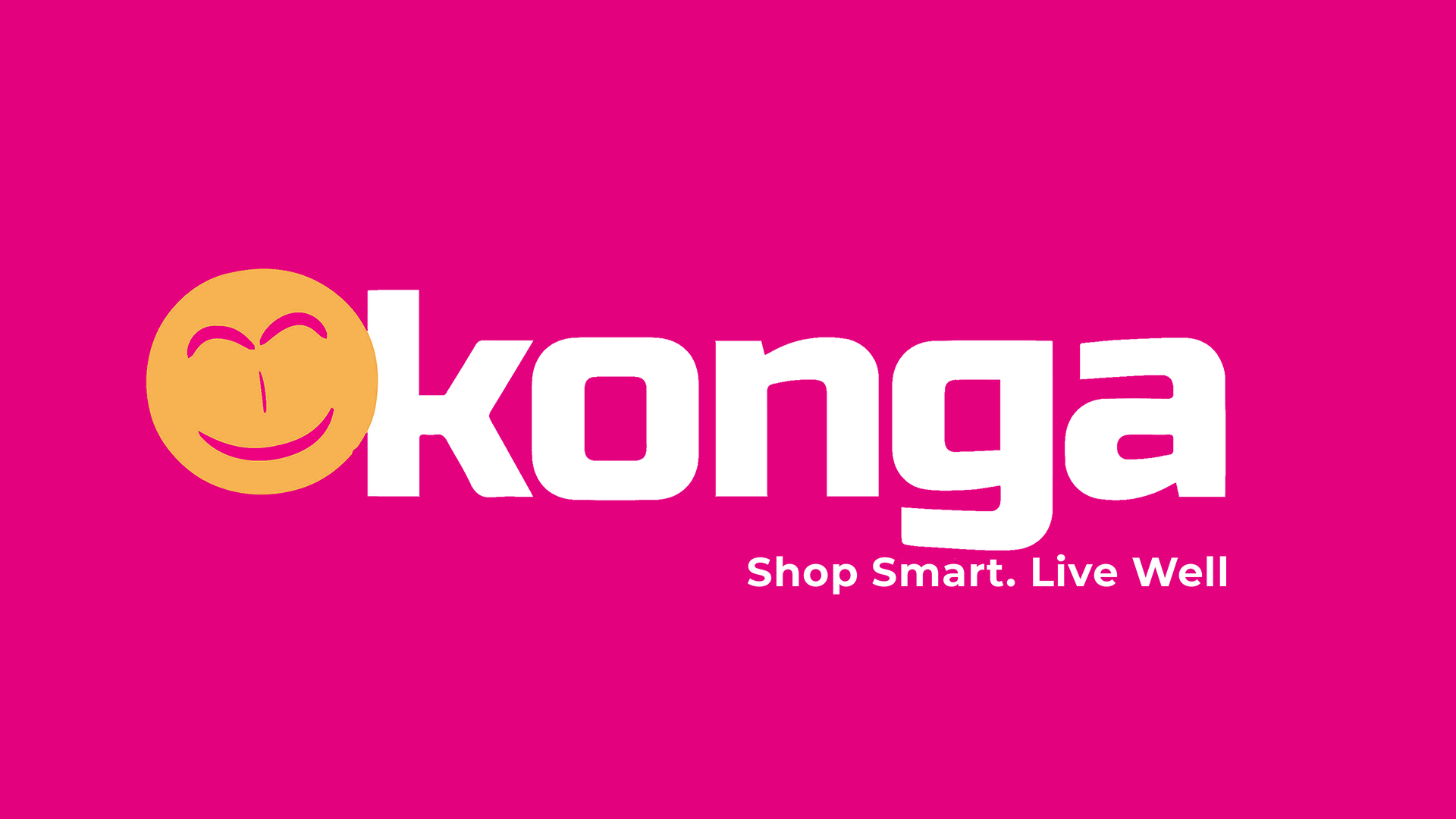More details have emerged as to why the federal government approved an upward review of the excise duty rates for alcoholic beverages and tobacco.
The Minister of Finance, Mrs. Kemi Adeosun while explaining the reasons behind the duty hike, averred that “the target was to achieve a dual benefit of raising the government’s fiscal revenues and reducing the health hazards associated with tobacco-related diseases and alcohol abuse”.
“The Tariff Technical Committee (TCC) recommended the slight adjustment in the excise duty charges after cautious considerations of the government’s fiscal policy measures for 2018 and the reports of the World Bank and the International Monetary Fund Technical Assistance Mission on Nigeria’s Fiscal Policy.
President Muhammadu Buhari had over the weekend, approved the amendment to the excise duty rates for alcoholic beverages and tobacco with effect from Monday, June 4, 2018.
Otherwise, government granted a grace period of 90 days to all manufacturers before the commencement of the new excise duty regime.
There is, however, no increase in excise duty of other locally excisable products.
Minister of Finance, Mrs. Kemi Adeosun, had on Sunday in Abuja, explained that the new excise duty rates were spread over a three-year period from 2018 to 2020 in order to moderate the impact on prices of the products.
Though efforts to speak to one of the leading tobacco firms, the British American Tobacco (BAT), Ibadan failed at press time, Adeosun argued that the new excise duty regimes followed all-inclusive stakeholder engagements by the Tariff Technical Committee of the Federal Ministry of Finance with key industry stakeholders.
Continuing, the minister added that “The effect of the excise duty rates adjustment on trade and investment was also assessed by the Federal Ministry of Trade and Investment and it adopted the recommendations of the TTC.
“Furthermore, peer country comparisons were also carried out showing Nigeria as being behind the curve in the review of excise duty rates on alcoholic beverages and tobacco”, she said.
She added that following the president’s approval, the new excise duty rate on tobacco was now a combination of the existing ad-valorem base rate and specific rate while the ad-valorem rate was replaced with a specific rate for alcoholic beverages.
Adeosun hinted further that “For alcoholic beverages, the current ad-valorem rate will be replaced with specific rates and spread over three years to moderate the impact on prices. This will curb the discretion in the unit cost analysis (UCA) for determining the ad-valorem rate and prevent revenue leakages”.
“For tobacco, the government will maintain the current ad-valorem rate of 20 percent and introduce additional specific rates with the implementation to be spread over a three-year period to also reasonably reduce the impact on prices.”
Under the newly approved excise duty rates for tobacco in addition to the 20 percent ad-valorem rate, each stick of cigarette will attract a N1 specific rate per stick (N20 per pack of 20 sticks) in 2018, N2 specific rate per stick (N40 per pack of 20 sticks) in 2019 and N2.90k specific rate per stick (N58 per pack of 20 sticks) in 2020.
The minister was however silent on whether states that had banned consumption of related items will continue to share from the tax proceeds hence they had no contribution to the movement of the market segment.









